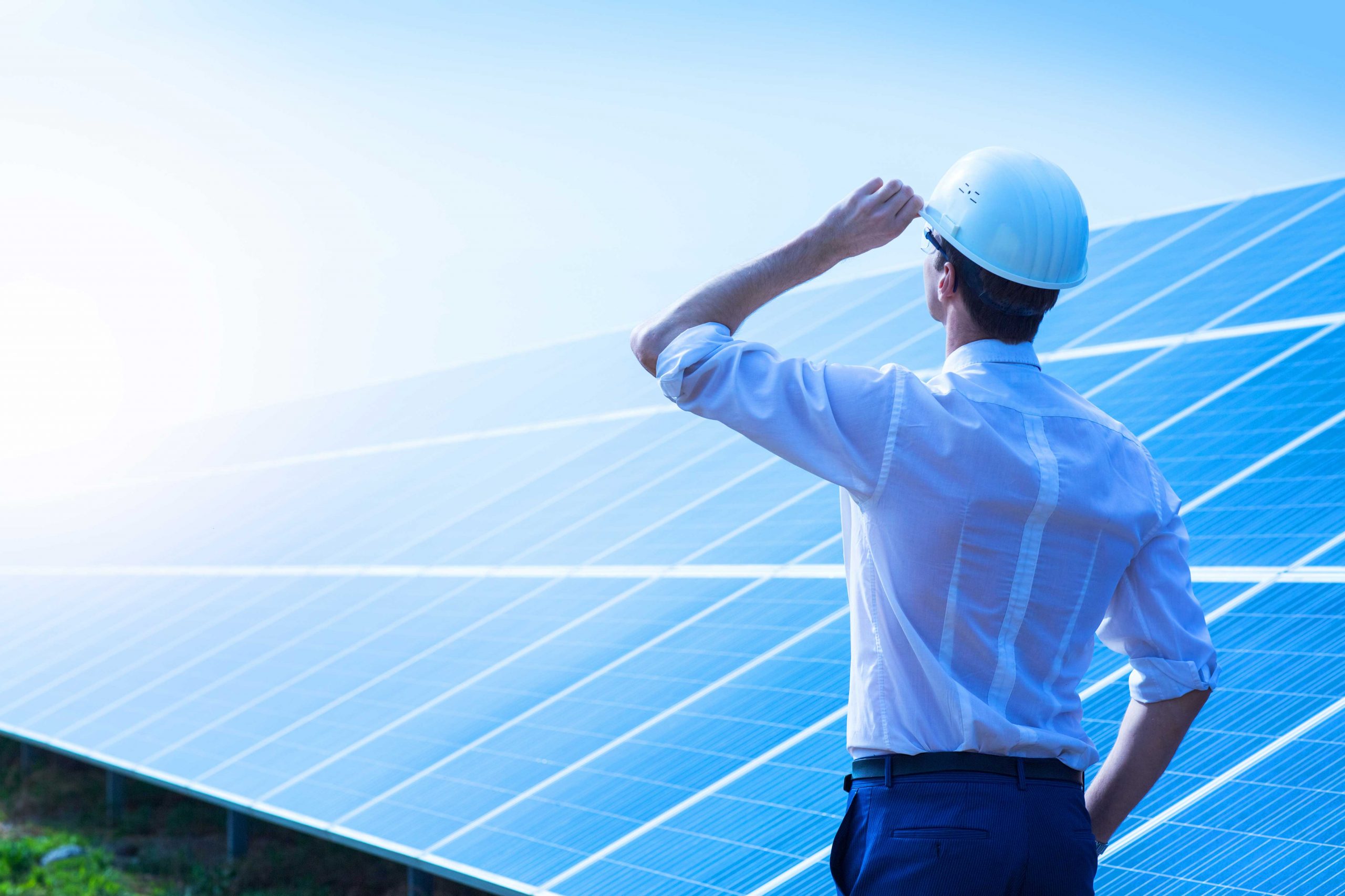Most people know of solar power and its status as a “green energy.” But fewer people know about the specific environmental and public health benefits of solar power. They are more substantial than you might think.
How does solar power impact greenhouse gas emissions? How does it affect the ground and water supplies? How can solar energy benefit your health and the health of your community?
Answer these questions and you can start finding new energy sources that benefit you, your community, and the environment. Here is your quick guide.
Carbon Dioxide Emissions
Atmospheric carbon dioxide has a substantial impact on climate change. It’s absorbed by the atmosphere and stays in it for decades while radiating heat toward the earth, continuously warming the planet.
And climate change has numerous negative effects on public health. It makes it easier for infectious diseases to spread, increases droughts and famines, and worsens natural disasters. You can help diminish these threats by switching to solar energy.
Generating electricity from solar panels prevents air pollution since they don’t rely on fuel that emits carbon dioxide in order to run.
Using renewable energy sources will ultimately displace nonrenewable sources that burn carbon dioxide, preventing the use of coal and oil that send heavy emissions into the atmosphere.
Ground Pollution
Nonrenewable energy sources damage the ground in several ways. Oil often spills into soil, harming plants and animals; and fracking for natural gas damages habitats and several layers of the earth.
Nuclear power doesn’t contribute to carbon dioxide levels in the atmosphere, but the radioactive materials used in nuclear power plants can pollute the ground. They often render areas inhospitable and cause radiation poisoning in people.
Solar panels are not significant contributors to ground pollution. And any rain that washes off of solar panels will not draw their materials into the earth.
It’s true that solar panels contain lead and materials that can be dangerous. But the average lifespan of solar panels is 25 years, so their threat is small. You can also recycle your panels when or if they deteriorate.
Installing a solar panel over your yard will prevent the grass underneath from receiving sunlight and water. Make sure you place your panels in an area that will not inhibit plant growth. If a plant grows under it, try to give it a little extra water.
Air Pollution
The World Health Organization estimates that 4.2 million people die prematurely due to outdoor air pollution every year. A major cause of air pollution is the burning of oil, which contains several harmful chemicals that have carcinogenic effects.
Coal isn’t much better as it contains chemicals such as sulfur dioxide that can damage your lungs when inhaled. Coal particulates usually contain small pieces of metal and will impact your organs when they enter your bloodstream.
Air pollutants also have dangerous effects on eyes and can cause both short term and long term damage to your vision. Fortunately, solar panels don’t pollute the air at all. The materials in them aren’t released into the air even in extreme cases if there’s a fire.
Water Usage
Hydropower is another renewable energy source. It doesn’t pollute the air or contribute to carbon dioxide emissions. But it’s reliant on rivers and natural bodies of water, which can harm ecosystems and limit people’s water access.
Solar panels don’t impact water usage in any way. You may not even need to use water to clean your panels since rain can wash away any built up dirt, dust, or debris on them.


